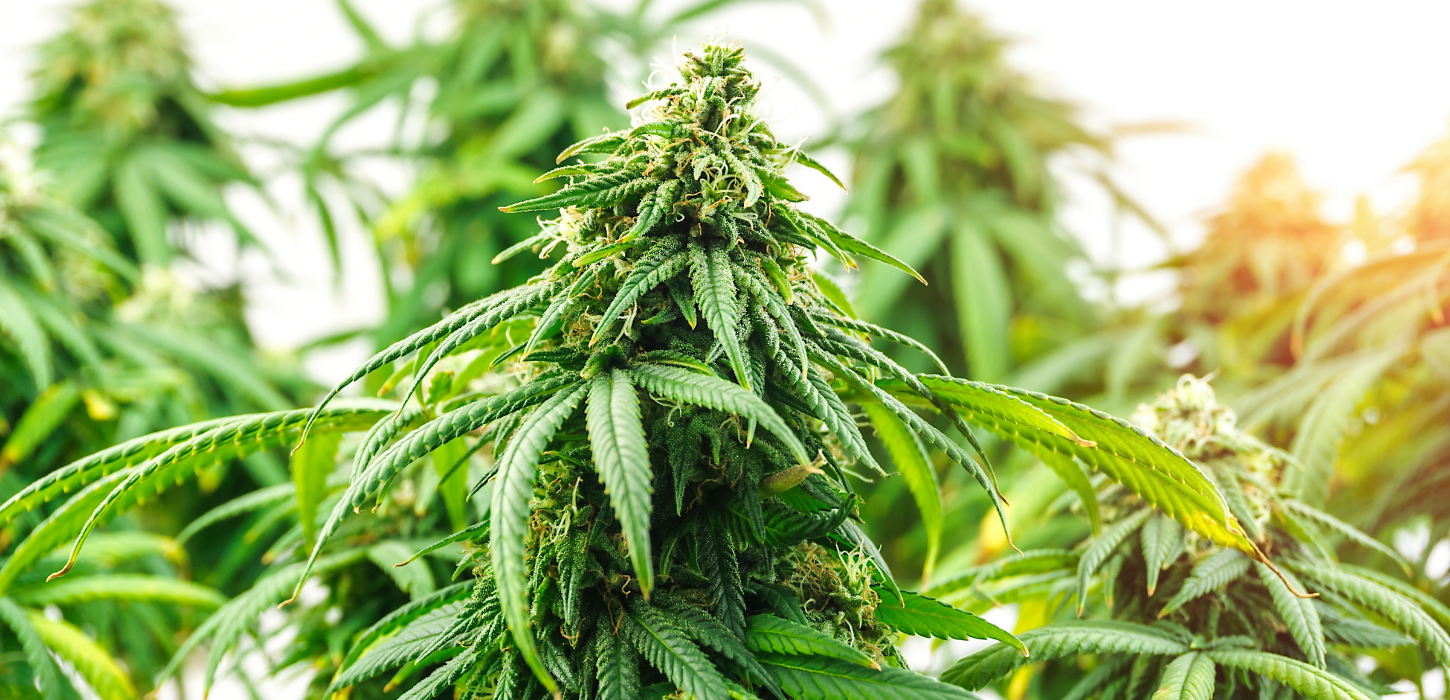Everyone knows that the cannabis industry is a boom market: it’s worth $7.3B in the U.S., and expected to reach $24.5B by 2020. Closer to home in Canada, sales are expected to reach $5.7 billion by 2020. Banks like BMO are investing hundreds of millions of dollars in cannabis companies, and publically-traded producers like Aphria, Aurora, Canopy Growth Corp, MedReleaf and others are spooling up massive operations ahead of legalization in October 2018.
So as a recruitment agency focused on Supply Chain across a number of industries, we think it’s time to weigh in on Supply Chain challenges – and talent needs – in the cannabis field. (Just a warning, there will be puns like that one).
On first blush, (or bud), the Cannabis Supply Chain seems relatively straightforward. You’re getting one species of plant to market, after all. But this multibillion dollar industry is set for a flowering of product SKUs across a number of diverse categories, from cannabis-infused candies and chocolates to extracts to equipment for growing personal plants. According to a recent report in Procurement trade publication Spend Matters, these are some of the most booming categories in the burgeoning industry.
People who can understand the rapidly changing regulatory environment and help set up complicated distribution networks – not to mention rapidly scaling production – will be in extremely high demand.
With legalization around the corner, it feels like a gold rush – but there are tons of challenges in bringing cannabis to market profitably. As a major National Post feature about Colorado’s cannabis boom described last year, a vertically-integrated cannabis operation is a capital-intensive enterprise with lots of risk and regulatory requirements. And even companies that only focus on one part of the value chain face difficulties specific to this market.
In lots of growing cannabis companies, purchasing and inventory are still done on an ad-hoc basis. Spend Matters outlines how lots of growing cannabis businesses conduct inventory management and procurement using fax, emails, and spreadsheets instead of more sophisticated supply chain software. It opens up opportunities for cost savings and operational efficiencies – as well as risks for companies that grow too fast without solid supply chain processes and people in place. The blank slate state of these supply chains also stateopens up exciting possibilities for true pros who won’t have to disrupt any existing ways of doing things.
Innovative supply chain practitioners love Greenfield opportunities, and the cannabis industry represents – if you’ll forgive the pun – the greenest field of all.
We’ve written in the past about the importance of hiring solid supply chain managers to scale startups, and those principles also apply for growing companies in the cannabis industry as well. It’s important to stay lean when scaling a business, but skilled supply chain practitioners are worth it: they tend to pay for themselves by improving efficiency, lowering risk, and navigating complex logistical situations that can lead to hundreds of thousands of dollars of excess costs if left unaddressed.
So from our perspective, what are the biggest challenges in the Supply Chain of cannabis, especially from a talent perspective? Rapidly-scaling cannabis companies in Canada need:
- People who can scale businesses and ramp up supply chain operations without letting costs run out of control. These include people to set up logistics networks, build and negotiate with supplier bases, manage contracts, drive efficiency in warehousing and distribution, and other key skills. In some cases, companies would be well-served by bringing on high-skilled contract (contingent) employees to build out supply chains as other growing companies have done.
- People who can navigate the regulatory environment around packaging, labeling, etc. Regulation and legal matters are especially complicated in the American market, where cannabis is still illegal on the federal level. They should be easier in Canada following legalization, but facility with complex regulatory environments is still a key skill in Canada. People with these skills could come from the pharmaceutical industry or other highly-regulated spaces such as the beverage industry.
- People with specific skills for different niches of fresh products with particular shipment needs, including an understanding of cold chain distribution. These people could come from the food industry, or pharmaceutical as well.
- People on the commodity management side who can negotiate the still wildly-fluctuating commodity prices in the industry – prices that fluctuate much more than other agricultural products.
Whether you agree with legalization or not, whether you’ve ever dabbled in the product, or never have and never will, it’s becoming obvious that legal cannabis is one of the major growth areas of the Canadian economy. Big players are emerging – with huge funding – across the country, and sound Supply Chain Management strategies could determine which companies thrive, and which ones die on the vine.




0 Comments